Garage ceiling lights contribute to the overall functionality and usability of the space, making it easier to locate tools, equipment, or belongings stored overhead. Additionally, garage ceiling lights contribute to the overall functionality and usability of the space, making it easier to locate tools, equipment, or belongings stored overhead.
The best lighting for a garage ceiling depends on various factors such as the size of the garage, its purpose (e.g., storage, workspace, parking), and personal preferences. However, here are some popular options to consider:
- LED Shop Lights:
Pros:
- Brightness: LED shop lights offer high brightness levels, providing excellent illumination for various garage activities, including car repairs, woodworking, or hobbies.
- Energy Efficiency: LED lights are highly energy-efficient, consuming significantly less power than traditional lighting options like incandescent or fluorescent bulbs. This translates to lower electricity bills and reduced environmental impact.
- Longevity: LED bulbs have a long lifespan, typically lasting tens of thousands of hours before needing replacement. This means less frequent maintenance and lower long-term costs.
- Instant On: Unlike some other types of lighting, LED shop lights provide instant illumination without the need for warm-up time, making them convenient for use whenever needed.
- Easy Installation: Many LED shop light fixtures come with simple installation features such as plug-and-play functionality or integrated hanging chains, making them easy to install even for DIY enthusiasts.
Cons:
- Initial Cost: While LED garage ceiling lights offers significant long-term savings, the initial upfront cost of purchasing LED shop lights may be higher compared to traditional options. However, this cost is often offset by energy savings and reduced maintenance expenses over time.
- Recommendation: Look for LED shop light fixtures with features such as adjustable brightness settings, a wide beam angle to cover large areas evenly, and a high Color Rendering Index (CRI) for accurate color representation.
- Fluorescent Tube Lights:
Pros:
- Affordability: Fluorescent tube lights are often more budget-friendly than LED options, making them a cost-effective choice for garage ceiling lighting.
- Brightness: Fluorescent bulbs provide ample illumination, especially in larger garage spaces, making them suitable for general-purpose garage ceiling lights.
- Availability: Fluorescent lighting fixtures and replacement bulbs are widely available and come in various sizes and configurations to suit different garage layouts.
Cons:
- Flickering and Noise: Some fluorescent lights may flicker or produce a buzzing sound, particularly in cold temperatures or when reaching the end of their lifespan.
- Lifespan: While fluorescent bulbs have a decent lifespan, they generally don't last as long as LED bulbs and may require more frequent replacement.
- Recommendation: Choose high-quality T8 or T5 fluorescent tube lights for better performance and reliability. Consider installing multiple fixtures to ensure uniform lighting across the garage space.

- High-Intensity Discharge (HID) Lights:
Pros:
- High Brightness: HID lights, such as metal halide or high-pressure sodium bulbs, produce extremely bright light output, making them suitable for large garage areas or workshops with high ceilings.
- Coverage: HID lights can cover a wide area with their intense illumination, ensuring good visibility for various tasks.
- Durability: HID lighting fixtures are robust and durable, capable of withstanding harsh conditions and frequent use.
Cons:
- Energy Consumption: HID lights consume more energy compared to LED or fluorescent options, resulting in higher electricity bills.
- Warm-up Time: Some HID bulbs may require a few minutes to reach full brightness after being switched on, which can be inconvenient in situations where immediate illumination is needed.
- Maintenance: HID lights may require periodic maintenance, such as bulb replacement or cleaning of fixtures, to ensure optimal performance.
- Recommendation: Consider HID garage ceiling lights for commercial or industrial garage settings where maximum brightness and coverage are essential. However, be mindful of the higher energy consumption and maintenance requirements associated with HID lights.
- Motion-Activated LED Floodlights:
Pros:
- Security: Motion-activated LED floodlights provide enhanced security by automatically illuminating the garage area when motion is detected, deterring intruders or unwanted animals.
- Energy Efficiency: LED floodlights are energy-efficient and only activate when motion is detected, reducing unnecessary energy consumption.
- Convenience: Motion sensors offer hands-free operation, eliminating the need to manually switch lights on and off, especially when entering or leaving the garage.
Cons:
- Limited Coverage: While LED floodlights can provide targeted illumination in specific areas, they may not offer the same comprehensive coverage as overhead lighting fixtures.
- Interference: False activations may occur due to factors such as nearby movement or environmental conditions, which can be an inconvenience.
- Recommendation: Install motion-activated LED floodlights in addition to primary overhead lighting for added security and convenience. Position the floodlights strategically to cover entry points or dark corners of the garage.

- LED Recessed Lights:
Pros:
- Space-Saving Design: LED recessed lights are sleek and compact, making them ideal as the garage ceiling lights with limited clearance or aesthetic preferences.
- Customizable Lighting: Recessed lights offer adjustable beam angles and directionality, allowing you to focus light precisely where it's needed, such as over workbenches or storage areas.
- Versatility: LED recessed lights come in various styles and configurations, including dimmable options and color temperature adjustments, providing flexibility to customize the lighting ambiance.
Cons:
- Installation Complexity: Installing recessed lights may require professional expertise, including cutting holes in the ceiling and wiring connections, which can be more challenging than surface-mounted fixtures.
- Brightness Limitations: While recessed lights offer focused illumination, they may not provide the same level of overall brightness as overhead fixtures, especially in larger garage spaces.
- Recommendation: Consider LED recessed lights for modern garage designs or when space-saving solutions are desired. Plan the layout carefully to ensure even distribution of light and consult with a professional electrician for proper installation.
Factors to Consider:
- Brightness Requirements: Assess the intended use of the garage and determine the appropriate level of brightness needed for tasks such as vehicle maintenance, woodworking, or general storage.
- Energy Efficiency: Choose garage ceiling lights with high energy efficiency ratings, such as LED or fluorescent bulbs, to minimize electricity consumption and reduce long-term operating costs.
- Durability and Lifespan: Select the garage ceiling lights that are durable, weather-resistant, and have a long lifespan to withstand the rigors of the garage environment and minimize maintenance efforts.
- Installation Considerations: Consider the ease of installation, compatibility with existing wiring, and any additional accessories or mounting hardware required for the chosen lighting solution for garage ceiling lights.
- Budget: Evaluate the upfront costs of garage ceiling lights, including installation expenses, against long-term savings in energy bills and maintenance costs to determine the most cost-effective option for your budget.
By carefully considering these factors and exploring the various garage ceiling lights options available, you can choose the best lighting solution for your garage ceiling that meets your specific needs and preferences. If you're unsure, consulting with a lighting specialist or professional electrician can provide valuable guidance and ensure that you achieve optimal lighting performance in your garage space.


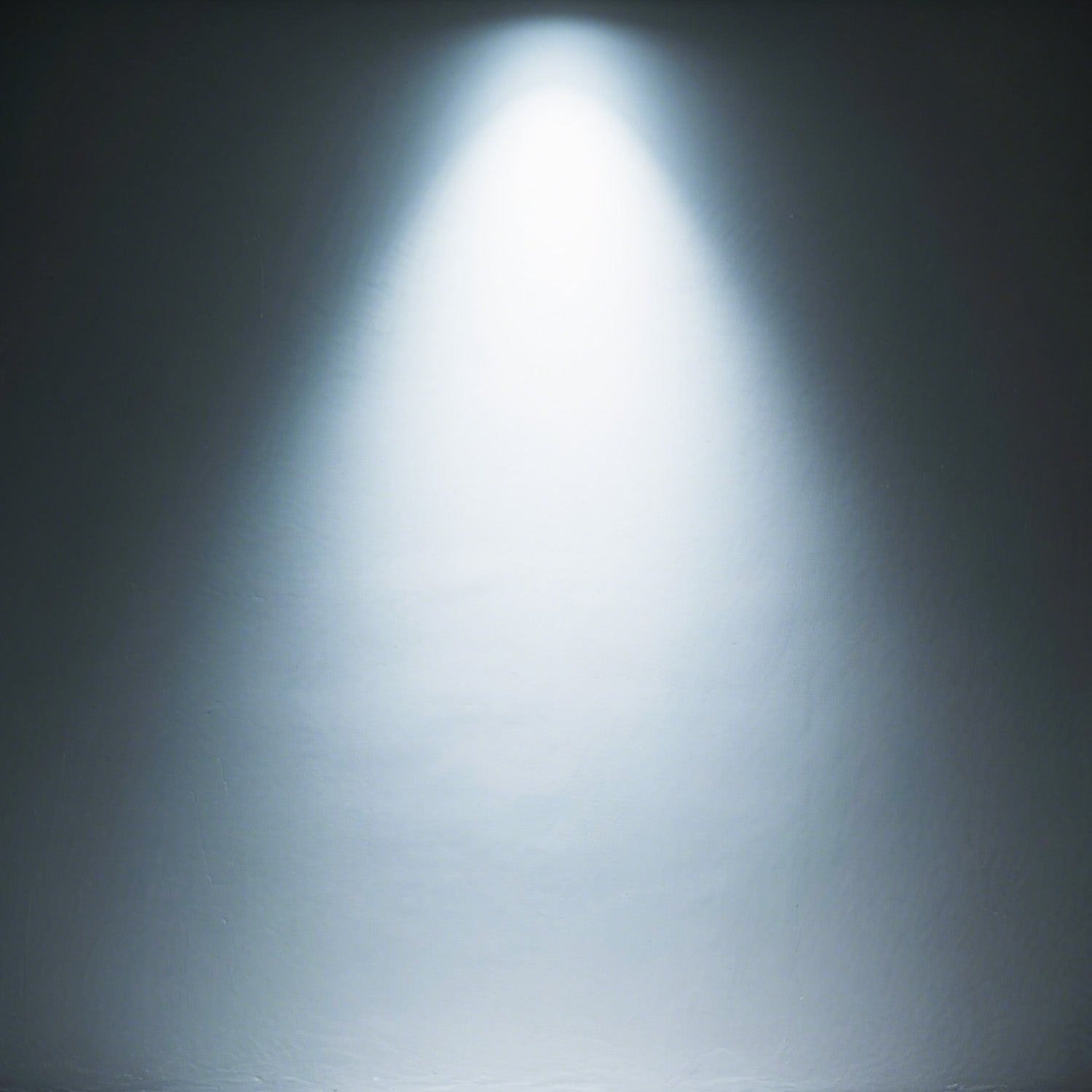
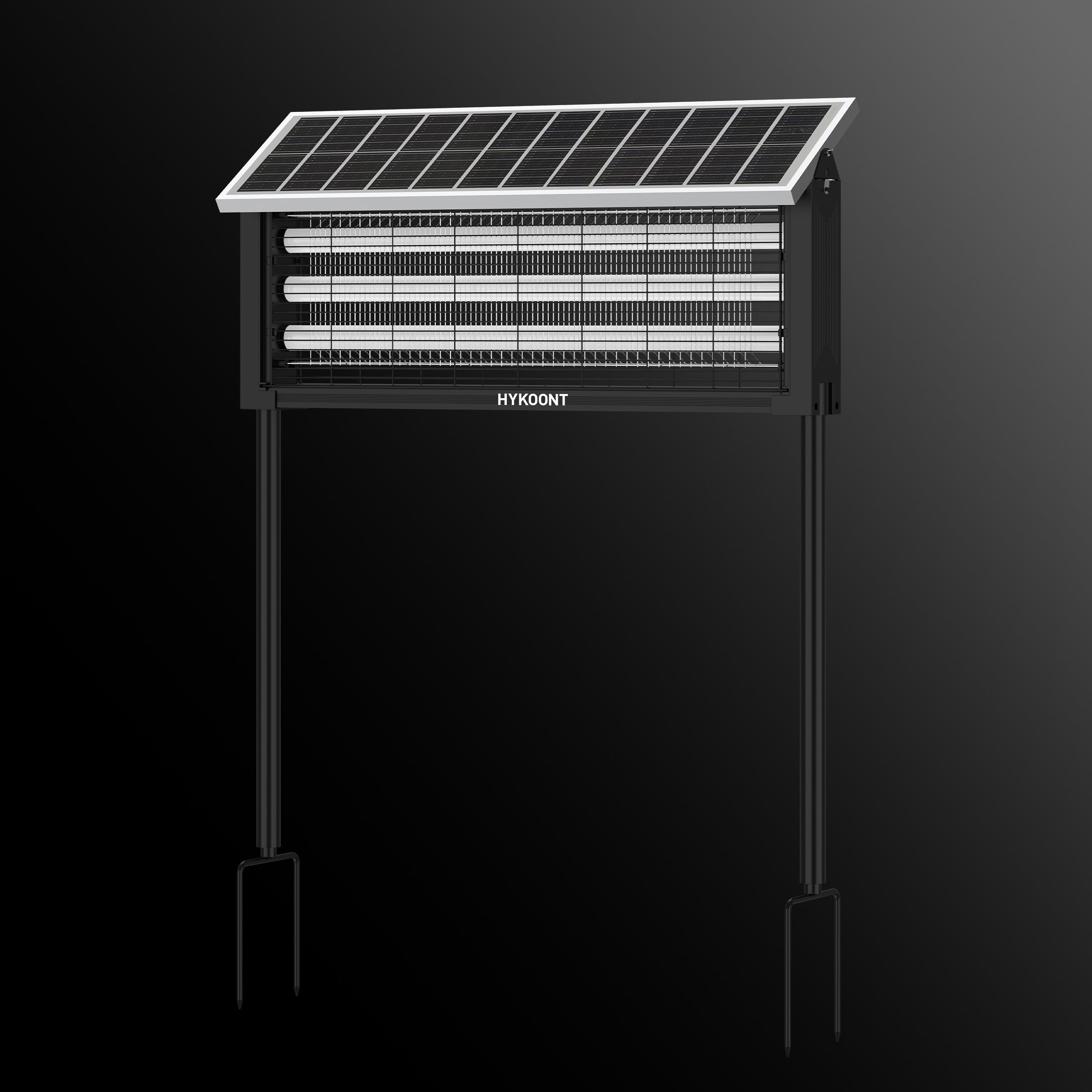
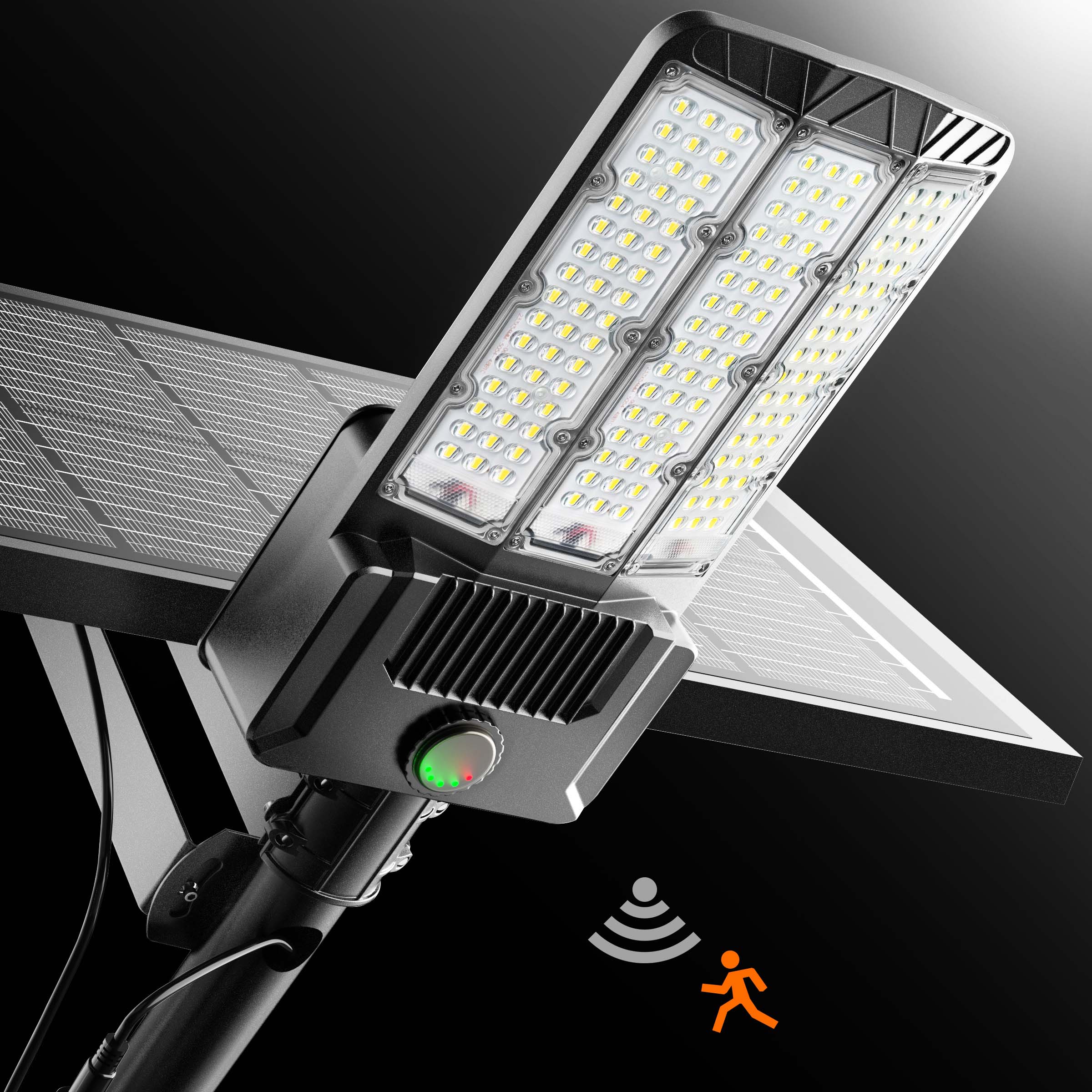
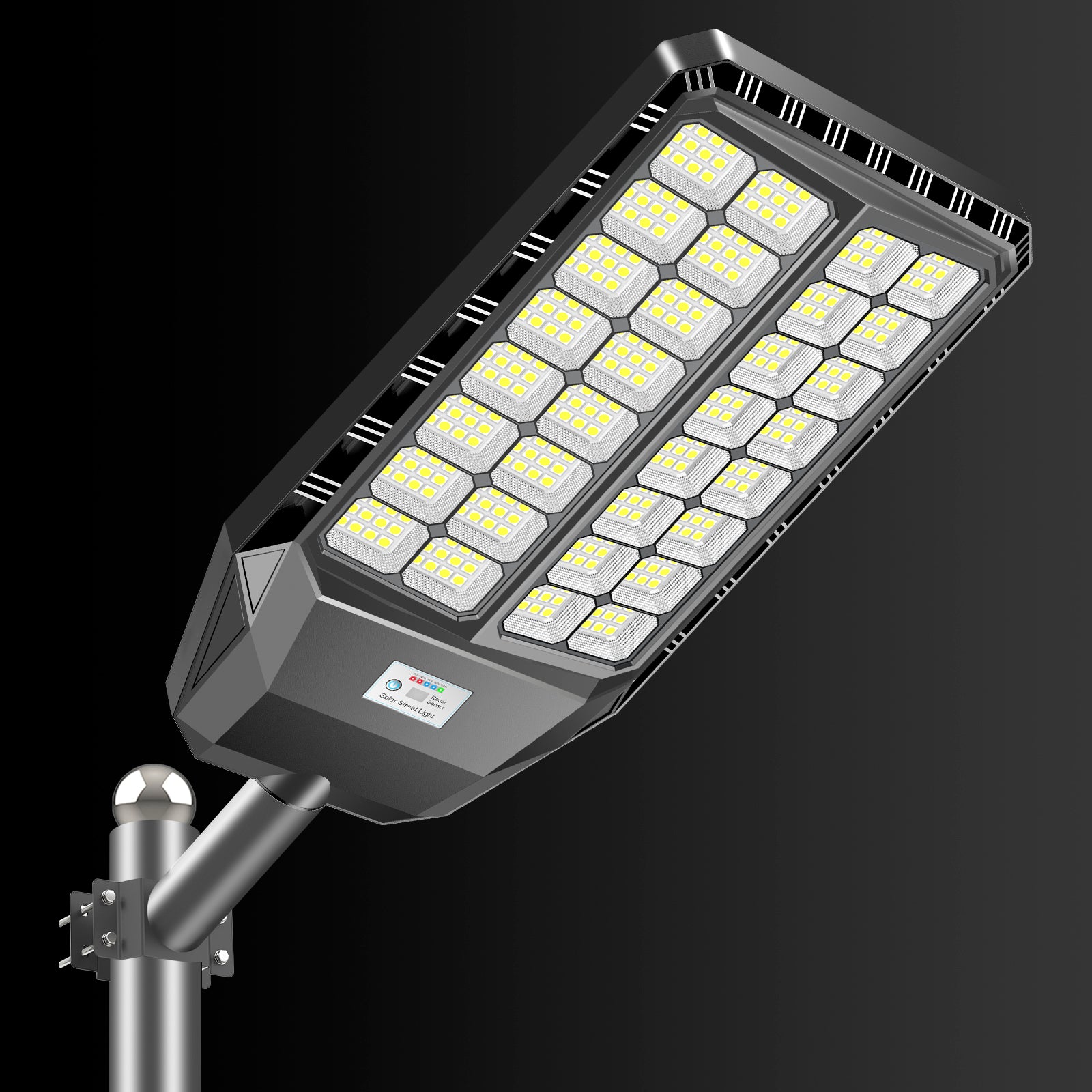
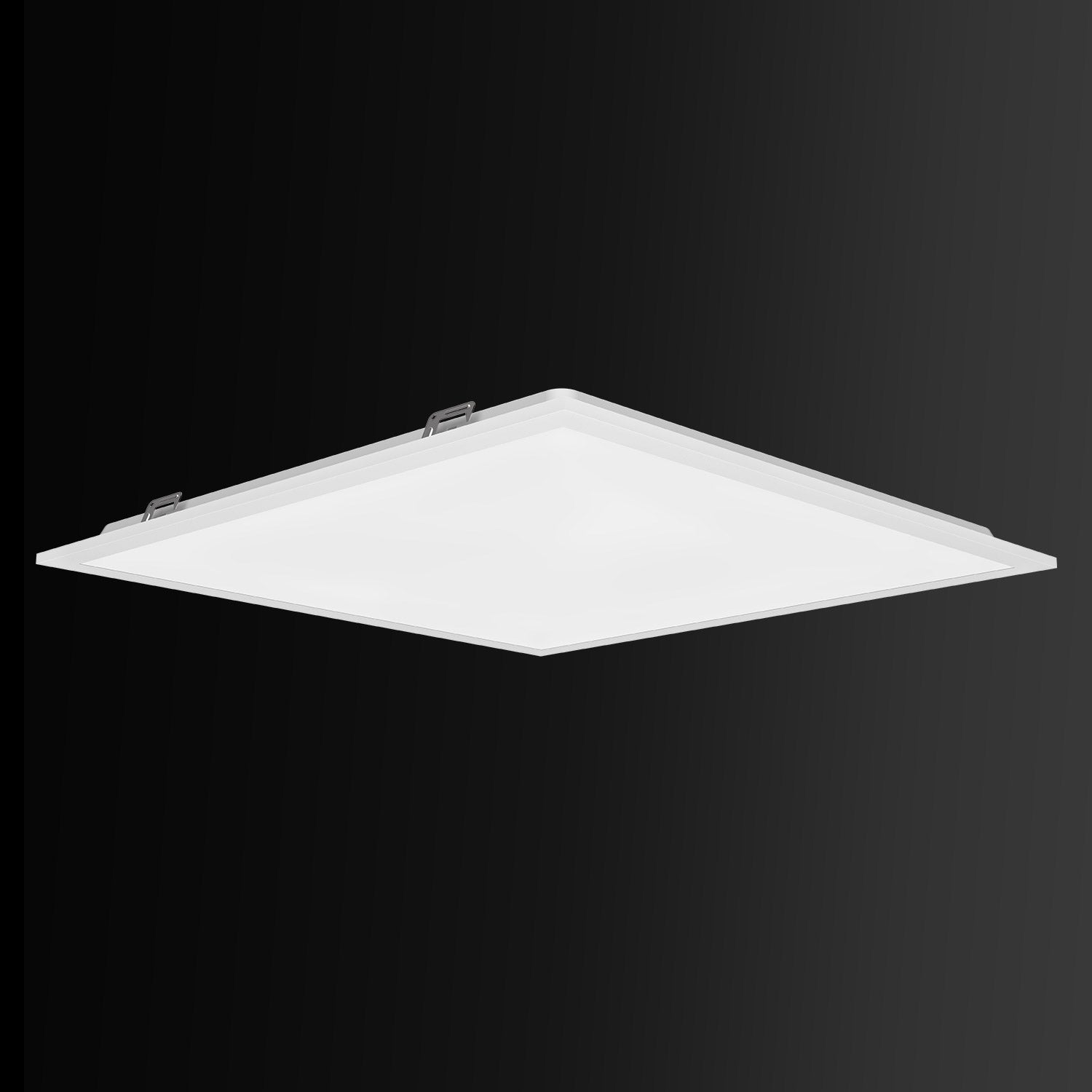


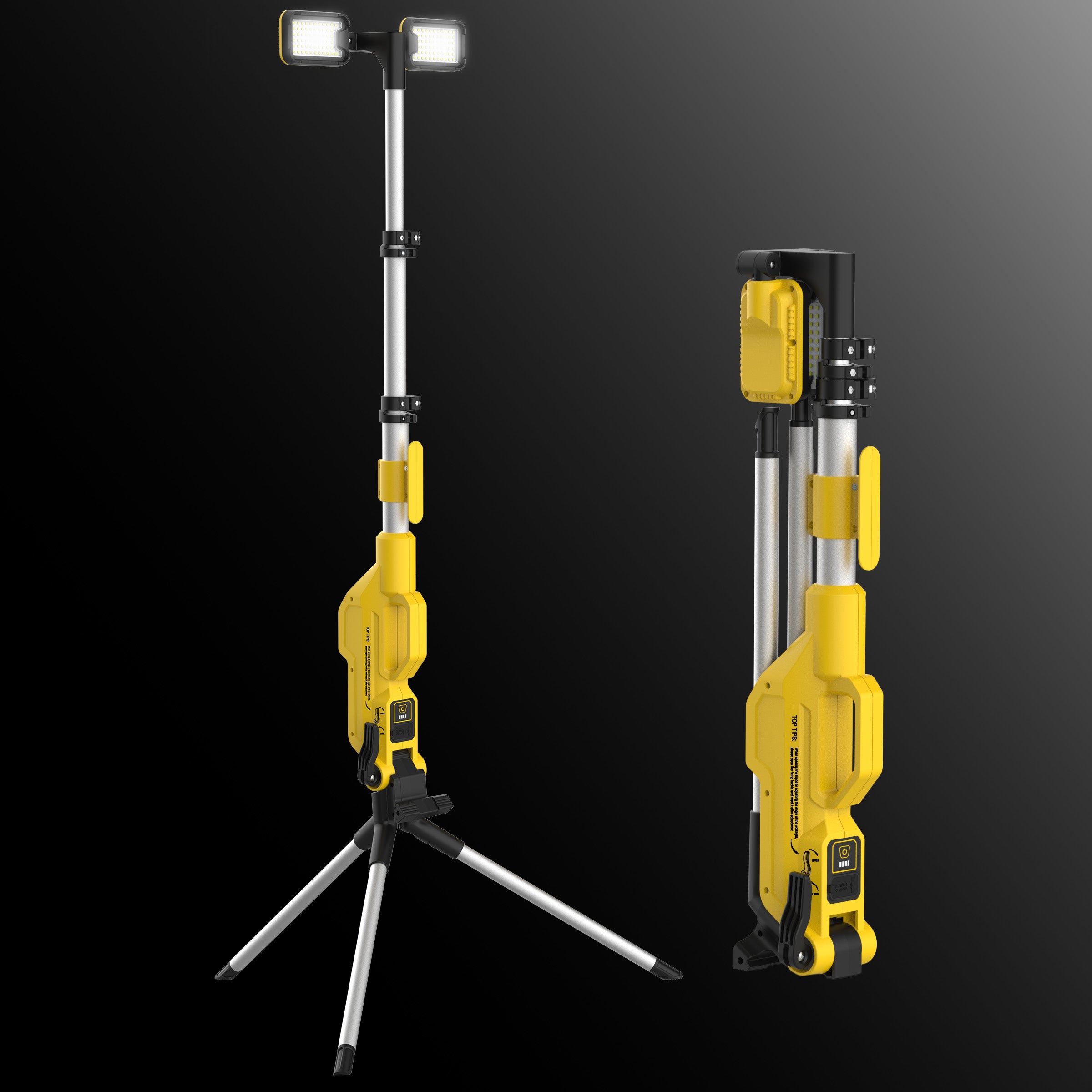
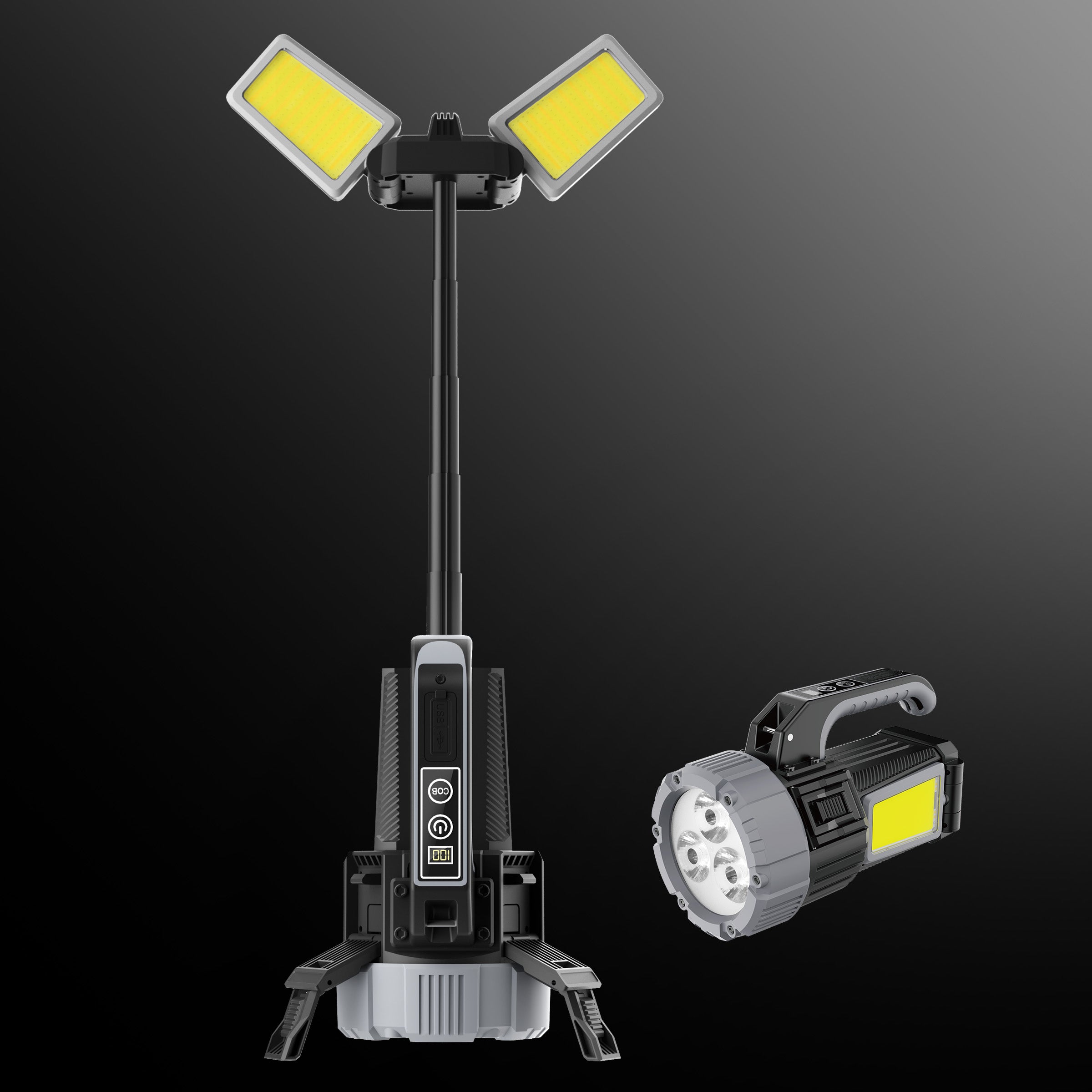


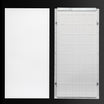
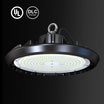
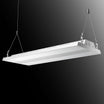


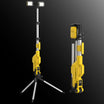
![[50%OFF] Hykoont LS018 Multi-Function 2 in 1 Flashlight Portable Extendable Adjustable Brightness CCT Bright](http://hykoont.com/cdn/shop/files/HYK-STDG18-2.jpg?v=1765273877&width=104)
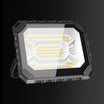



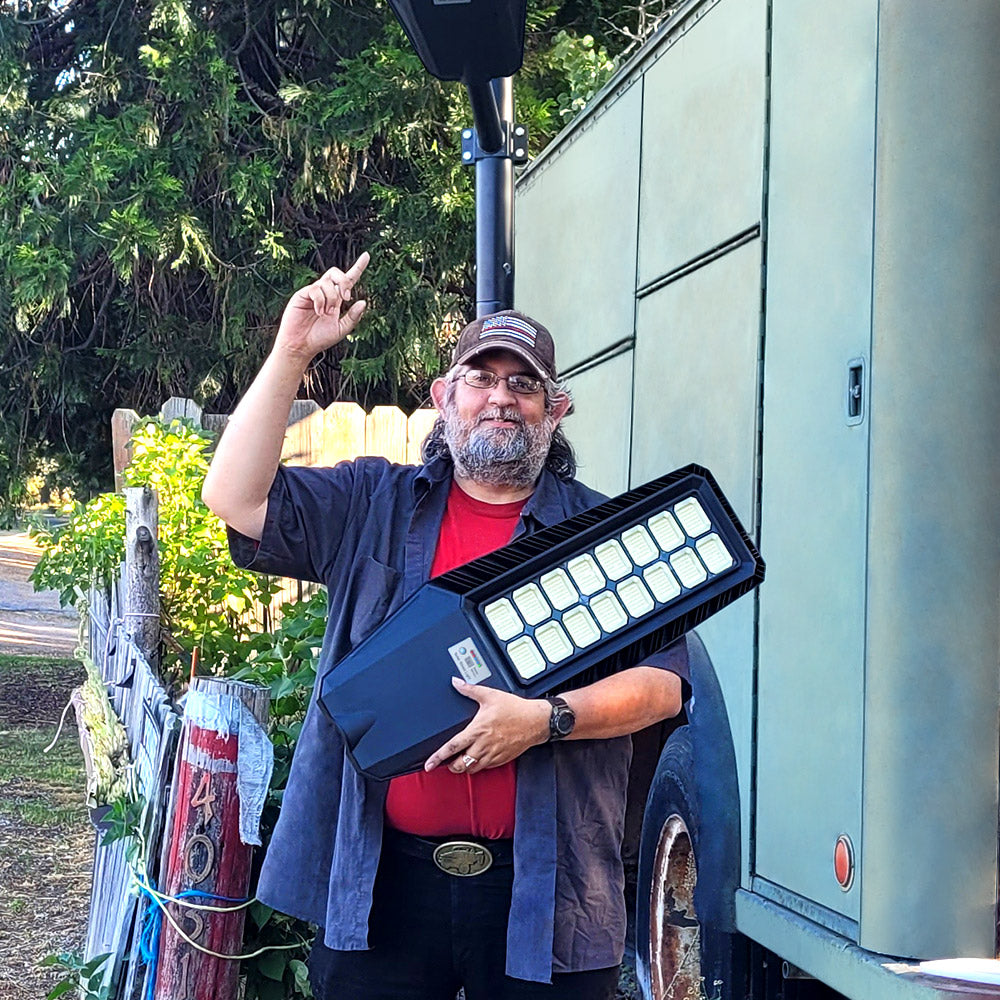
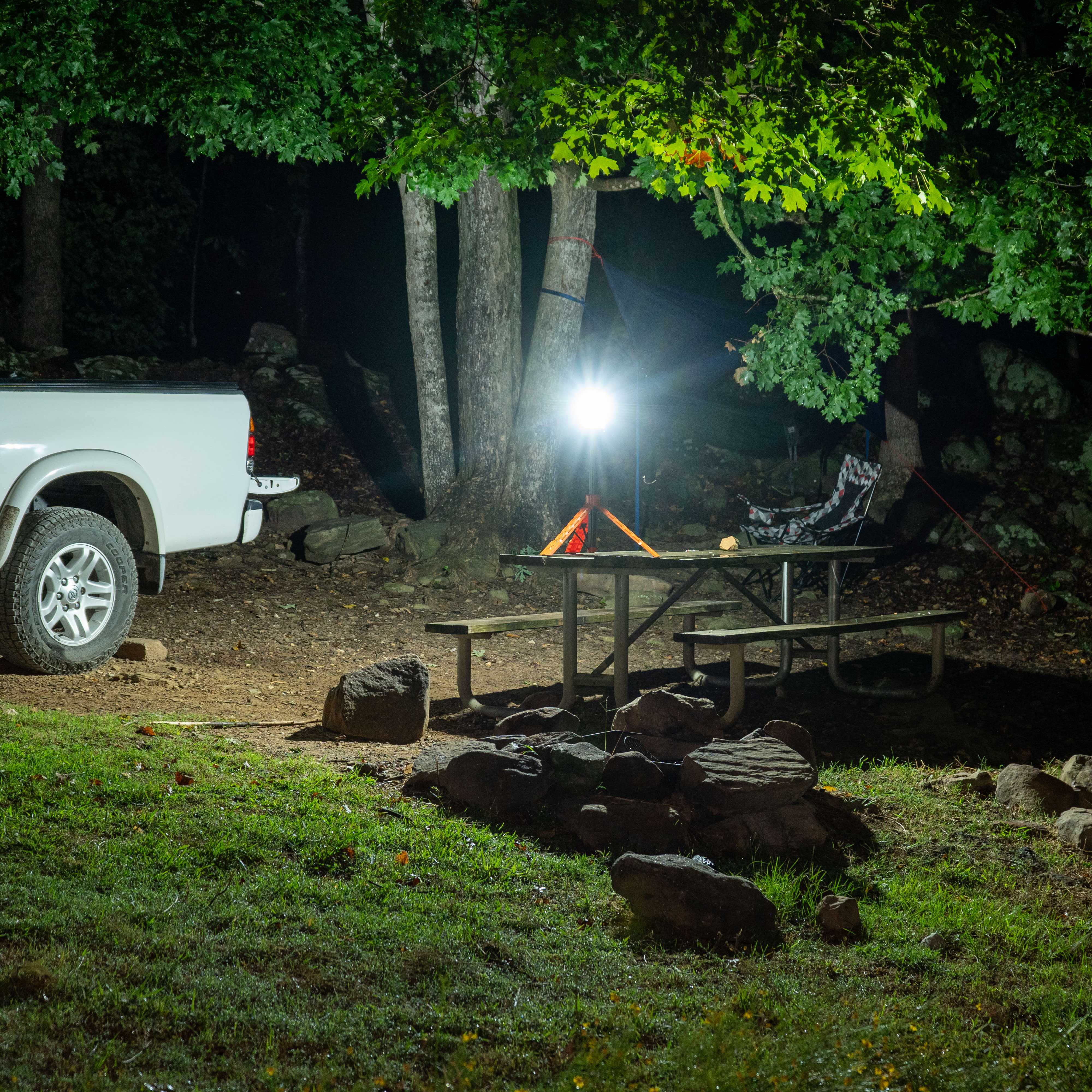
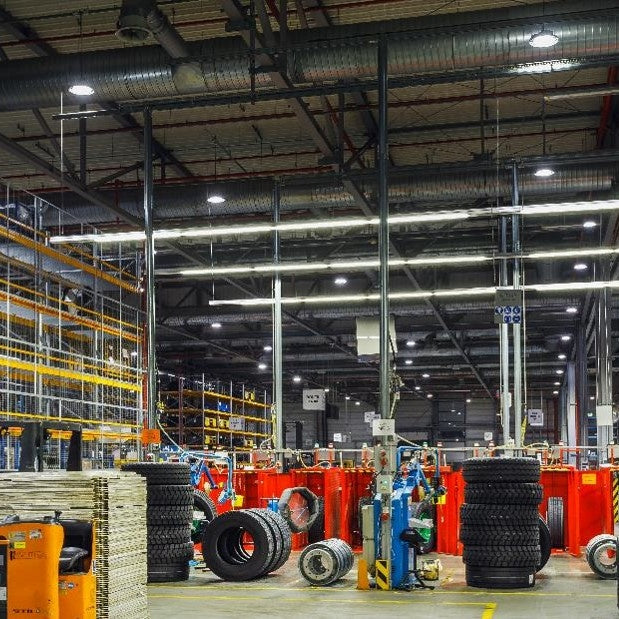
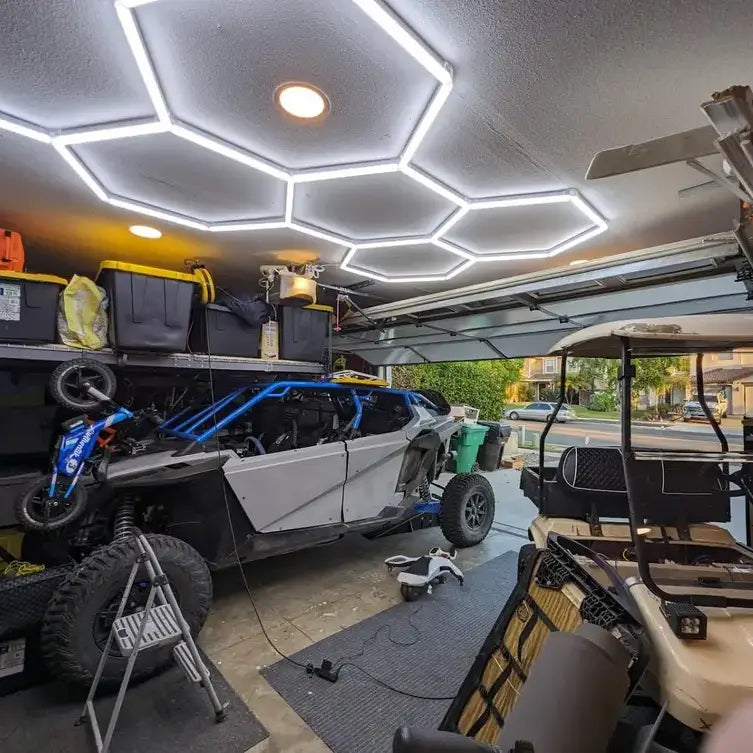
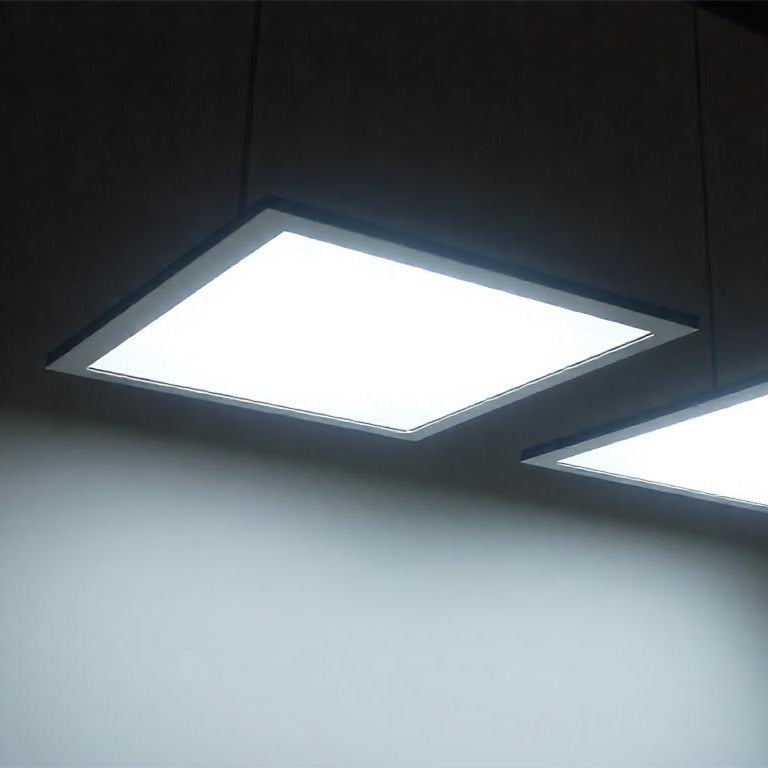
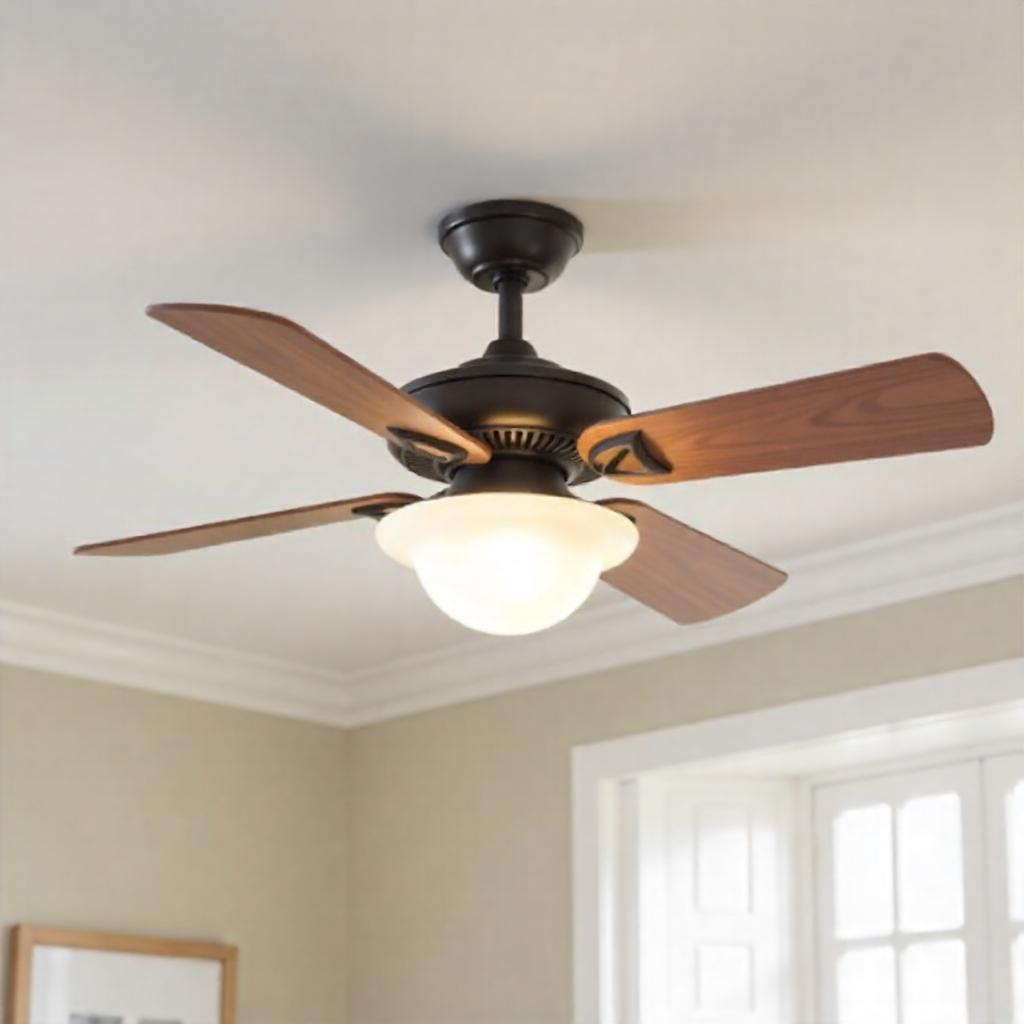
Leave a comment
This site is protected by hCaptcha and the hCaptcha Privacy Policy and Terms of Service apply.